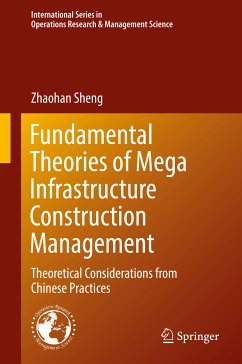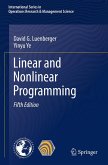Fundamental Theories of Mega Infrastructure Construction Management: Theoretical Considerations from Chinese Practices is a collection of decades of research and applications of managing megaprojects using theories of complex systems and management sciences. It presents basic (classical) theory of megaproject management and is a showcase of more than 30 years of research of complex system and management sciences on the theory of megaproject management resulting from the integrating of theory and practice of megaprojects. The theory and models have undergone rigorous systematic testing during the management and implementation of megaprojects in China.
Megaprojects are huge undertakings, often in infrastructure (bridges, tunnels, airports, etc.) that involve huge levels of investment, often take years to complete, and typically run into delays, cost overruns, and any number of unforeseen problems. Over the last few decades, no one country has undertaken more of these projects than China, and this book presents the fundamental theories underlying the practice of Mega Infrastructure Construction Management as practiced in China.
Individual chapters provide a basic definition of Mega Infrastructure Construction and it's management; an overview of the theories behind it; the Formation Path; basic concepts; fundamental principles; scientific problems; the Method System of Meta-synthesis; specialized methods in research; and intelligent management of Mega Infrastructure Construction. Although the theoretical construction management problems in this book are derived from construction practices in China, they can be applied universally and extended for great fundamental significance.
Dieser Download kann aus rechtlichen Gründen nur mit Rechnungsadresse in A, B, BG, CY, CZ, D, DK, EW, E, FIN, F, GR, HR, H, IRL, I, LT, L, LR, M, NL, PL, P, R, S, SLO, SK ausgeliefert werden.









